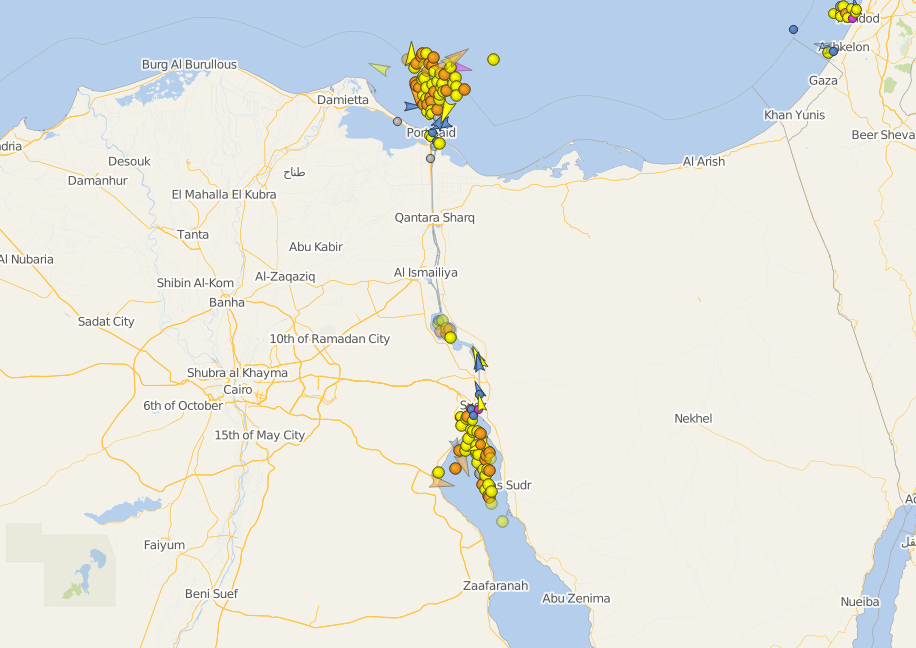苏伊士运河恢复航行,但供应链继续延误

一艘巨大的集装箱船已经封锁苏伊士运河超过一周,现在已经被释放。
这艘堵塞了运河大动脉一个多星期的船,已经被拖到运河更远的一个湖上接受检查。
在这艘船被释放之前,有多达370艘船只等待通过这条运河,估计每天有价值96亿美元的货物被扣留。
这一事件可能会对已经紧张的集装箱航运业造成持续的影响,持续数周甚至数月。
seintelligence Consulting首席执行官拉尔斯?延森(Lars Jensen)在领英(LinkedIn)上发帖称:“排长队被清除、运河恢复正常运营还需要一段时间。”
“随着货物抵达,我们将继续看到欧洲出现拥堵问题,许多船只严重延误以及设备状况恶化导致的空白航次。这些连锁反应需要几个月的时间才能完全发挥作用。”
还有人认为,这一事件以及与Covid-19相关的供应链混乱的一年,可能会导致企业质疑特别容易发生关闭的准时制供应链的运营有效性。
英国物流公司公共政策总经理Alex Veitch说:“超过300艘船被困在轮船后面等待通过运河,这一事件的影响将在未来几周内继续影响到全世界。”
“远东交货的任何延误,都将意味着从英国港口提货出口的延误,以及向英国供应链的交货放缓。”受延迟影响的商品将包括英国零售商的季节性库存,因此,除非情况得到迅速解决,否则缺口可能会开始出现。
他说:“现在至关重要的是尽快清除运河内船只延误造成的‘交通堵塞’,重新启动供应链,尽量减少任何干扰。”然而,一次放行这么多船可能会导致供应链沿线港口拥堵,从而导致港口生产率下降。”
